CSE welcomes 9 new faculty
Models of human behavior, scene understanding, cryptography, convolutional neural networks, IoT sensors and systems, and a commitment to innovating in the practice of education. With nine new faculty hires in 2018, Michigan is expanding and strengthening the scope of its research activities in computer science and engineering while simultaneously broadening participation in the field through a focus on innovation and inclusiveness in education. Get to know the new arrivals:
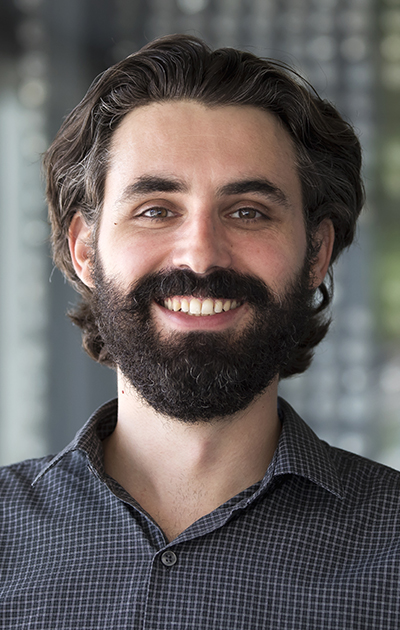
 Enlarge
Enlarge
Nikola Banovic
Assistant Professor
PhD, Human-Computer Interaction, 2018
Carnegie Mellon University
Nikola’s research broadly focuses on understanding and modeling human behavior to support innovative information technology, changing how we study and design interactive user experiences with the goal of improving the quality of people’s lives. Nikola joined the department in September 2018.
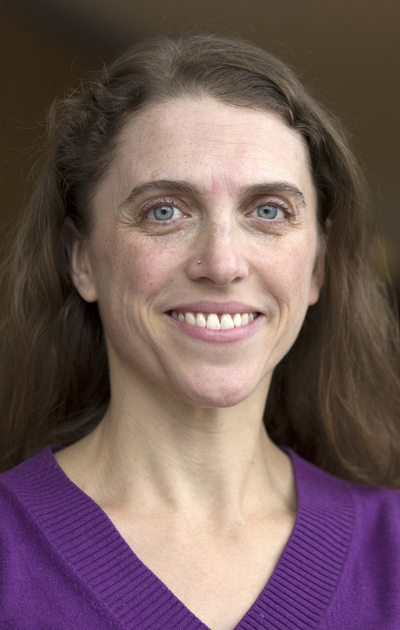
 Enlarge
Enlarge
Kimberly Khalsa Diaz
Lecturer
PhD, Biomedical Engineering, 2011
University of Michigan
Kim has been an intermittent lecturer in the department and previously taught at Concordia University. She has experience as a primary instructor for EECS 203 and EECS 351 and has also taught courses in linear algebra, calculus, and modern algebra, amongst others. Kim joined the department in September 2018.
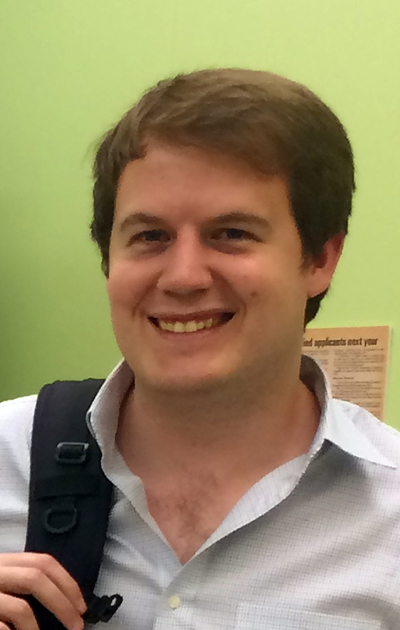
 Enlarge
Enlarge
David Fouhey
Assistant Professor
PhD, Robotics, 2016
Carnegie Mellon University
David’s research interests include computer vision and machine learning, with a particular focus on scene understanding. David’s PhD work at CMU was supported by NSF and NDSEG fellowships. He has also spent time at the University of Oxford’s Visual Geometry Group and at Microsoft Research. David was previously a postdoctoral fellow at the University of California, Berkeley. He is currently visiting INRIA Paris. He joins the department in January 2019.
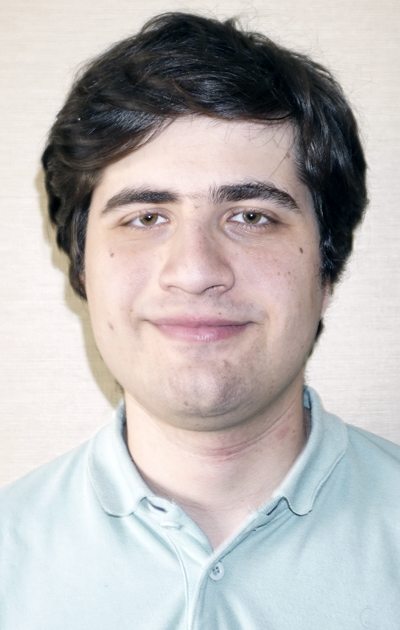
 Enlarge
Enlarge
Daniel Genkin
Assistant Professor
PhD, Computer Science, 2016
Technion – Israel Institute of Technology
Daniel’s research interests are in cryptography and systems security. He is interested in both theory and practice with particular interests in side-channel attacks, hardware security, cryptanalysis, secure multiparty computation (MPC), verifiable computation, and SNARKS. Daniel was previously a Postdoctoral Fellow at the University of Pennsylvania and the University of Maryland. Daniel joined the department in September 2018.
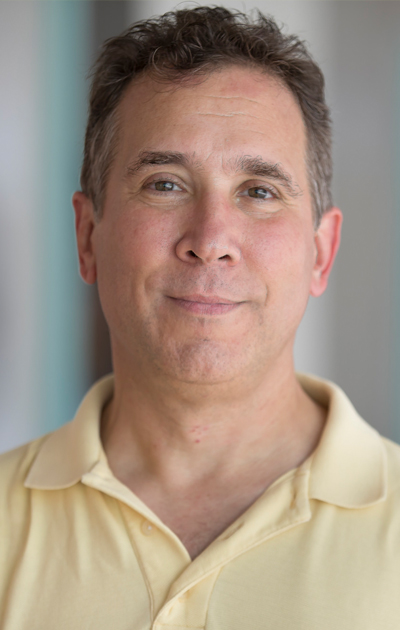
 Enlarge
Enlarge
Mark Guzdial
Professor
PhD, joint degree, Education and Computer Science, 1993
University of Michigan
Mark joins the department from the School of Interactive Computing at Georgia Institute of Technology, where he has been Director of the Contextualized Support for Learning Lab. His research is in computing education. He co-founded the ACM International Computing Education Research conference in 2005. His research projects include Media Computation, an approach that emphasizes context to make learning programming both authentic and relevant. His Media Computation course has been taught at Georgia Tech since 2003 and has dramatically increased retention rates, especially for female students. Mark joined the department in September 2018.
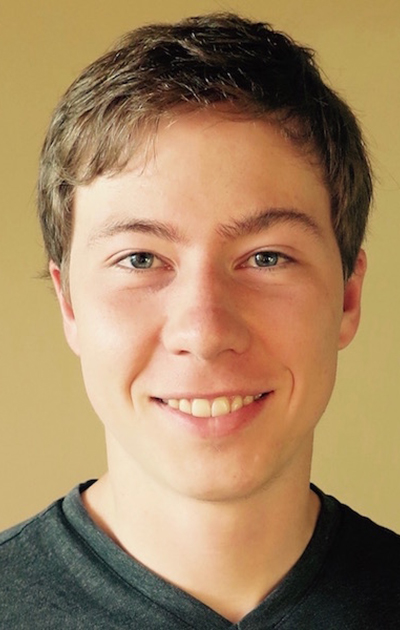
 Enlarge
Enlarge
Justin Johnson
Assistant Professor
PhD, Computer Science
Stanford University
Justin’s research interests lie at the intersection of computer vision and machine learning, including topics such as vision and language, visual reasoning, and image generation. At Stanford he co-taught CS 231N, a popular introductory course on deep learning. Justin is currently a research scientist at Facebook AI Research. He joins the department in September 2019.
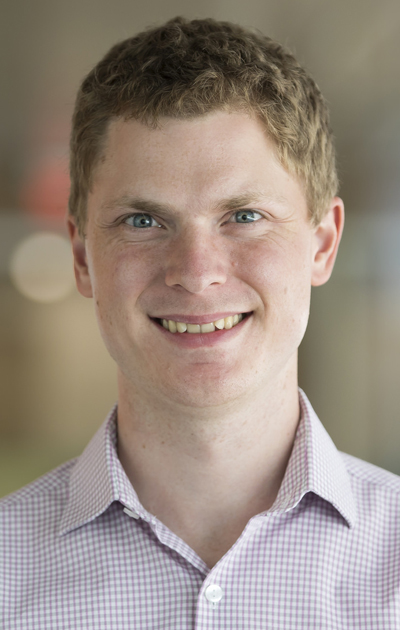
 Enlarge
Enlarge
John Kloosterman
Lecturer
PhD, Computer Science and Engineering, 2018
University of Michigan
John’s research interests are in computer architecture and compilers. His work in architecture has provided static analysis data to hardware, which can then make more intelligent run time decisions. He has also leveraged static and dynamic code analyses to detect software security vulnerabilities. His teaching in large undergraduate courses seeks to engage and support students even as class sizes grow. John joined the department in September 2018.
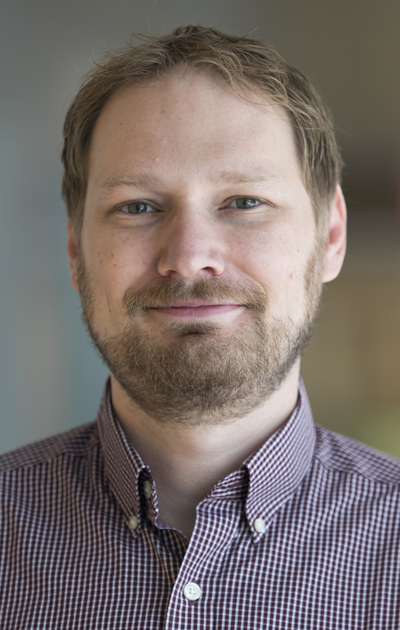
 Enlarge
Enlarge
Alanson Sample
Associate Professor
PhD, Electrical Engineering, 2011
University of Washington
Alanson’s research interest lies broadly in the areas of human-computer interaction, wireless technology, and embedded systems. With the goal of tackling the critical bottlenecks that limit interactive sensing systems with an eye towards reducing deployment barriers and ensuring scalability. Before joining CSE in August, Alanson was an Executive Lab Director at Disney Research and led the Wireless Systems group which focused on created new interactive experiences. Prior to Disney, he was a Research Scientist at Intel Labs working on energy harvesting, wireless power delivery, and RFID, as well as a postdoctoral researcher in the CSE Department at the University of Washington working on wirelessly powered medical implants.
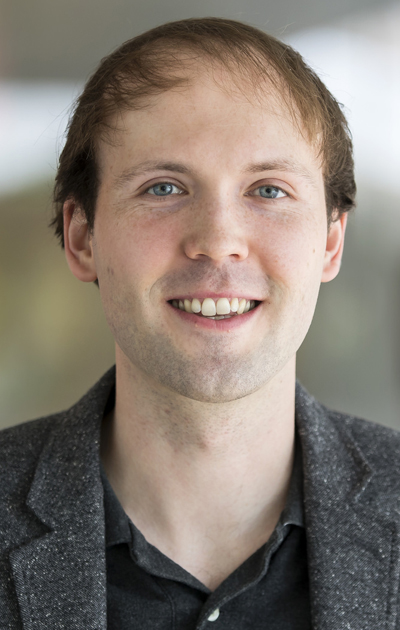
 Enlarge
Enlarge
Austin Yarger
Lecturer
MSE, Computer Science and Engineering, 2017
University of Michigan
Austin has led EECS 494: Introduction to Game Development since the Fall of 2017. A longtime hobbyist, Austin began professional game development in 2014 as a Gameplay Engineer on The Sims 4, the top-selling computer game of 2015. His students have achieved positions at 343 Industries, Volition, Zynga, Google, and Amazon Game Studios, among others. Austin leads the International Game Developers Association (Ann Arbor Chapter) as co-founder, and Arbor Interactive (a game and education firm) as President. His research interests include gamification and the application of gaming technology to non-gaming tasks. Austin joined the department in September 2018.


 MENU
MENU